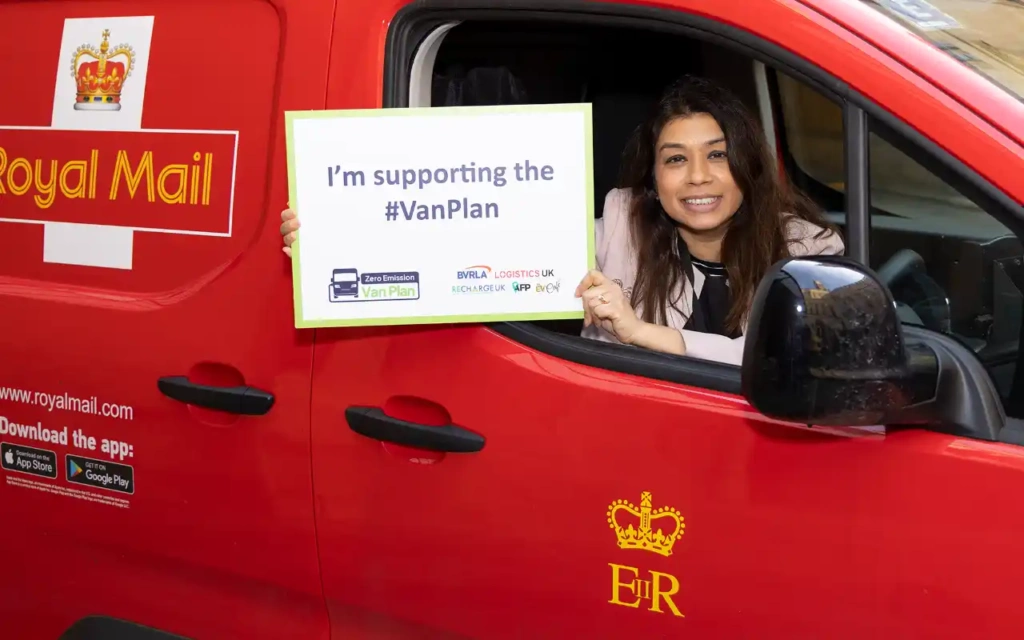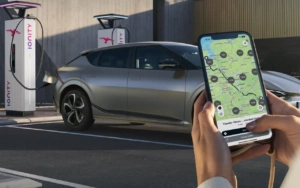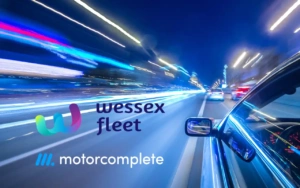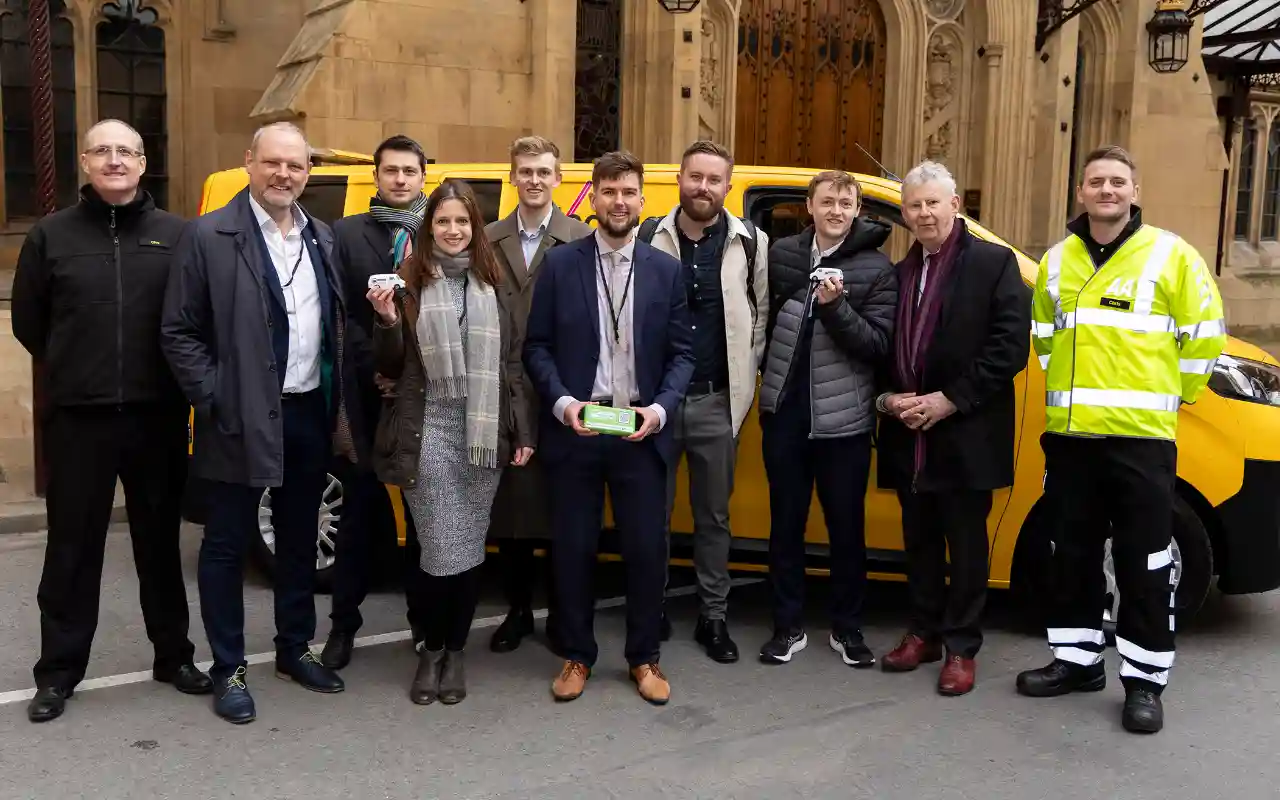A Zero Emission Van Plan has been created, with input from brokers, calling for greater fiscal support, improved charging and the removal of regulatory barriers.
The Van Plan, which launched at the Houses of Parliament last week, has been created as a response to growing concerns raised by BVRLA members.
To meet the 70% Zero Emission Vehicle (ZEV) mandate target for vans by 2030 operators need critical support now, the industry body says.
It says a “giant leap” is needed to move the market from 5.9% of new electric van (e-van) sales in 2023 to where it needs to be, and without immediate support the transition will continue to stall or even grind to a halt, making the targets in later years near impossible to reach.
“Vans are the backbone of our economy, providing an essential form of transport and a mobile workspace. They are growing in number every year and account for a major portion of the miles driven up and down the country. If the UK is to meet its road decarbonisation targets, zero-emission vans must take centre stage. They are a vital player in the transition and command more attention.”
Gerry Keaney, Chief Executive, BVRLA Tweet
Recommended steps for the Government
The BVRLA sought input from its leasing broker members, which was fed back to a coalition consisting of Logistics UK, Recharge UK, The Association of Fleet Professionals (AFP) and the EV Café, and helped to form the dedicated ‘asks’, which underpin the plan.
The recommended steps for the Government are:
- Increased fiscal support – grants to make new and used e-vans affordable; extend the Plug-in Grant post 2024/2025; and financial support for SMEs to purchase used electric vans.
- Improve charging – regulatory and fiscal support for accessible, affordable and fit for purpose chargepoints; use the Public Charge Point Regulations 2023 to ensure public charging works for e-vans; launch a new fund to support fleets upgrading their grid connection; and produce guidance to help fleets navigate the grid connection process.
- Remove regulatory barriers – full alignment of 4.25 tonne ZEVs with diesel vans; 4.25t ZEV vans should be MOT’d as a van not an HGV and not subject to EU drivers’ hours rules.
Cost disparity is still a ‘big barrier’
The financial support for SMEs was a fairly universal ask, including but not limited to leasing brokers, according to Thomas McLennan, Head of Policy and Public Affairs.
“The cost disparity between ICE (internal combustion engine) and EV (electric vehicle) is still a big barrier, with SMEs often more sensitive to cost, while also being more reliant on their vehicle for their livelihood. Many SMEs have always relied on the used market, which is why it is important to consider support there as well as on new vehicles,” he said.
“We are engaging with policymakers to design a grant system that will unlock zero-emission vans for SMEs. There is no single one-size-fits-all solution so there are a number of routes that should be explored to find effective outcomes.”
Next steps
Now the Van Plan has launched and is available to all, the coalition’s engagement with all operators, industry stakeholders and decision makers will “ramp up”, Thomas added. This includes other trade bodies and manufacturers.
Brokers are being urged to read the plan and share it with their local MP to help raise awareness across all political parties and decision makers.
There is a quick, easy-to-use tool to do this via the Van Plan campaign page.


Broker News Newsletter 30 April 2024
Catch up on the latest leasing broker news in the 30 April 2024 Broker News newsletter

April 2024 used market volumes rise as seasonal trends return reports cap hpi
In a return to seasonal norms, April used car market saw average car values at the three-year, 60,000-mile point, according to cpa hpi

UK fleets show optimism: growth expected despite economic challenges
Thirty-eight percent – nearly two in five UK car and van fleets – are predicting growth in the number of vehicles they operate

Alpha Contracts Leasing celebrates 27 years in business
Leasing broker Alpha Contracts Leasing has just celebrated 27 years trading – set up in 1997 by co-owners Lynette Randall and Samantha Miles

Select Fleet Solutions – Eton celebrates 25 years
Select Fleet Solutions – Eton Office, formerly Benchmark Leasing, is celebrating 25 years in the leasing broker sector

Wessex Fleet chooses MotorComplete broker platform for ARs
Wessex Fleet has selected the MotorComplete broker platform to provide websites for the Wessex Appointed Representatives (ARs)

Sarah Tooze has been an automotive journalist for more than 15 years, specialising in the fleet and transport sectors. She has held senior positions at industry-leading B2B titles Fleet News and Smart Transport, and led campaigns championing motorists as consumer editor for online used car marketplace Heycar and motoring advice website HonestJohn.co.uk. In 2017 she won the Newspress Automotive Business Journalist award.



